Software IT Company: Unleashing Potential with CRM Solutions
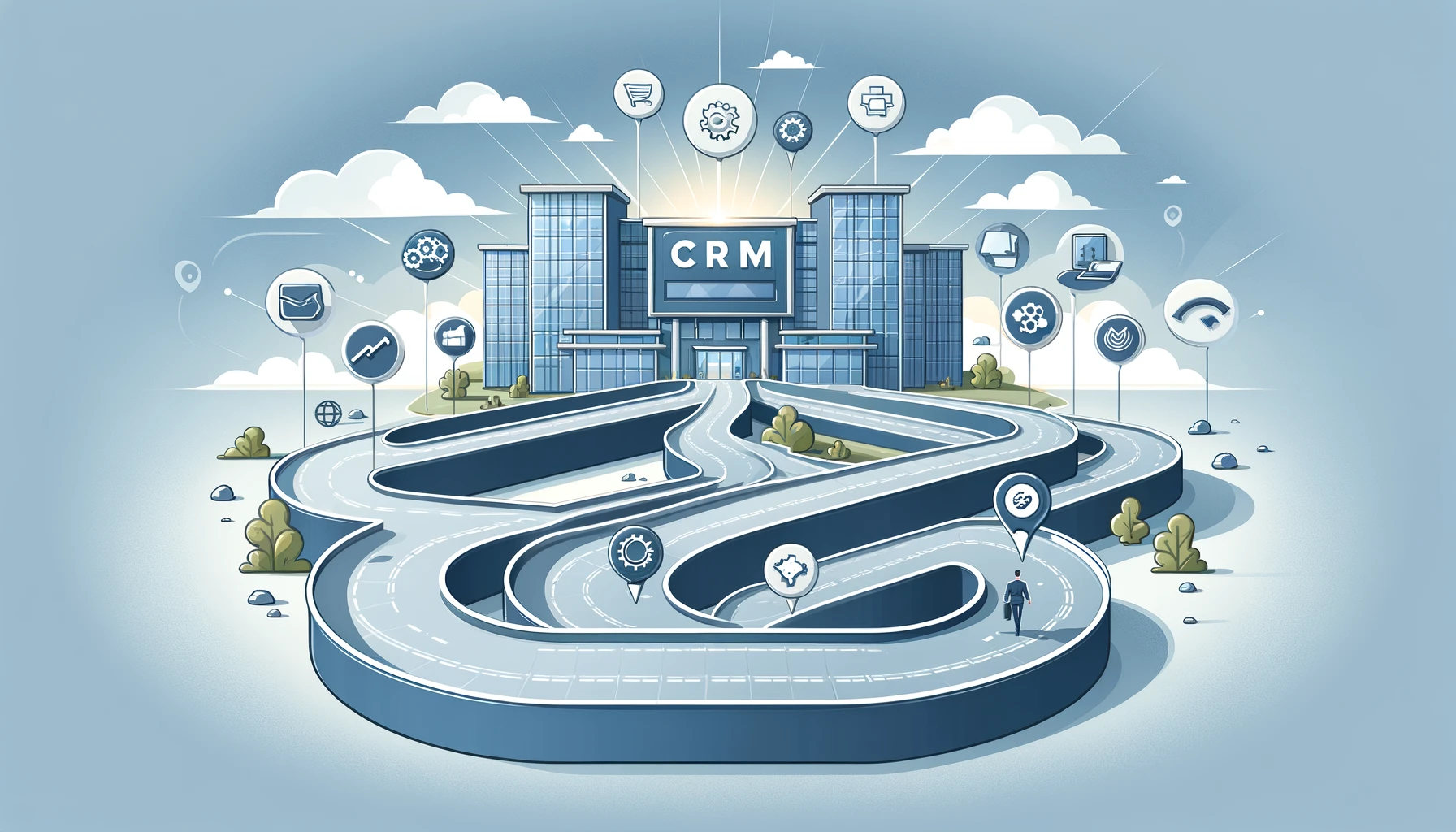
Elevate your business with our Software IT Company's cutting-edge technology solutions. Specializing in bespoke software and efficient IT support.
Exploring the Power of CRM in a Software IT Company
In the realm of a software IT company, Customer Relationship Management (CRM) is not just a tool, but a strategic game-changer. It’s a transformative technology that redefines how companies interact with their customers, leading to increased efficiency and stronger relationships.
The power of CRM lies in its ability to centralize customer data, making it easier for businesses to analyze and understand their customers’ needs. This comprehensive view of customer interactions enables companies to tailor their services and products to meet the specific needs of each customer.
For instance, a software IT company can use CRM to track customer behavior patterns. This data, when analyzed, can reveal valuable insights such as the most preferred products or services, peak times of engagement, and common customer queries.
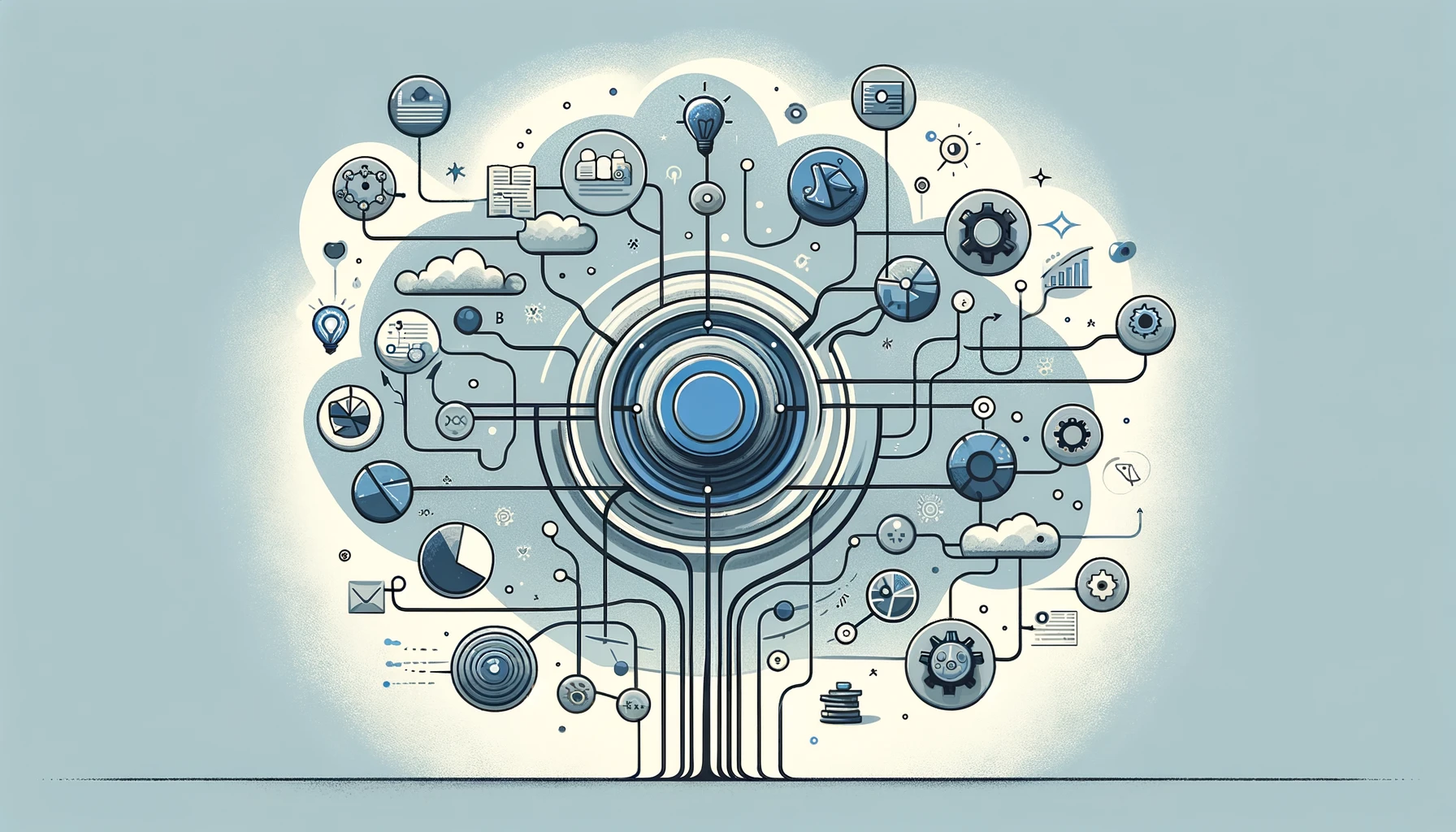
Moreover, CRM fosters better communication within the company. With all customer data stored in one place, different departments can collaborate more effectively. For example, the sales team can share insights with the marketing team to create more targeted campaigns, while the customer service team can use the data to resolve issues more quickly.
Here’s a brief overview of the benefits a software IT company can reap from CRM:
- Enhanced customer understanding
- Improved inter-departmental collaboration
- Streamlined operations
- Increased customer satisfaction
In the end, CRM is a beacon of enlightenment in the complex world of customer data. It simplifies processes, improves efficiency, and gives companies the power to truly understand their customers.
Imagine a software IT company that used to struggle with scattered data and disjointed communication. After implementing a CRM system, their order processing time reduced by 66%, the order error rate dropped by 80%, and customer satisfaction increased by 28.6%.
| Metric | Before Implementation | After Implementation | Improvement |
|---|---|---|---|
| Order Processing Time (hours) | 24 |
8 |
-66% |
| Order Error Rate (%) | 10 |
2 |
-80% |
| Customer Satisfaction Score (out of 10) | 7 |
9 |
+28.6% |
As you can see, CRM is more than just a tool; it’s a catalyst for company growth and customer satisfaction. And for a software IT company, that’s a game-changer.
How CRM Solutions Level Up Your Software IT Company
In the digital age, a company’s success is often tied to its ability to understand and cater to the needs of its customers. Enter CRM solutions, the unsung heroes in a software IT company’s arsenal.

CRM solutions offer a host of benefits that can significantly level up your company’s operations. Here are a few ways they can make a difference:
-
Streamlining Business Processes: CRM tools can automate repetitive tasks, freeing up your employees’ time to focus on more strategic work. This can result in a significant boost to your company’s overall productivity.
-
Improving Customer Service: By providing a unified view of customer interactions, CRM solutions enable your team to offer personalized service, resolving issues quickly and effectively.
-
Boosting Sales: With CRM, your sales team can track leads, manage contacts, and nurture customer relationships, leading to increased sales and profitability.
Get started with ozma.io software -
Enhancing Marketing Efforts: CRM allows your marketing team to segment customers and create targeted campaigns, improving conversion rates and ROI.
Consider a company that was struggling with low customer retention rates. After implementing a CRM solution, they were able to identify the issues causing customer dissatisfaction and address them, resulting in a 35% increase in customer retention.
| Metric | Before Implementation | After Implementation | Improvement |
|---|---|---|---|
| Customer Retention Rate (%) | 55 |
75 |
+36.4% |
So, if you’re looking to level up your software IT company, consider investing in a robust CRM solution. With its myriad benefits, it’s a strategic decision that can pay off in spades.
Inside the Details: How CRM Works in an IT Company Setting
Delving deeper into the intricacies of CRM in an IT setting, it’s the fine details that truly set it apart. The heart of CRM lies in its database. Here, every interaction with customers is logged, from phone calls and emails to purchases and service requests. This wealth of data forms the backbone of a company’s customer-focused strategy.
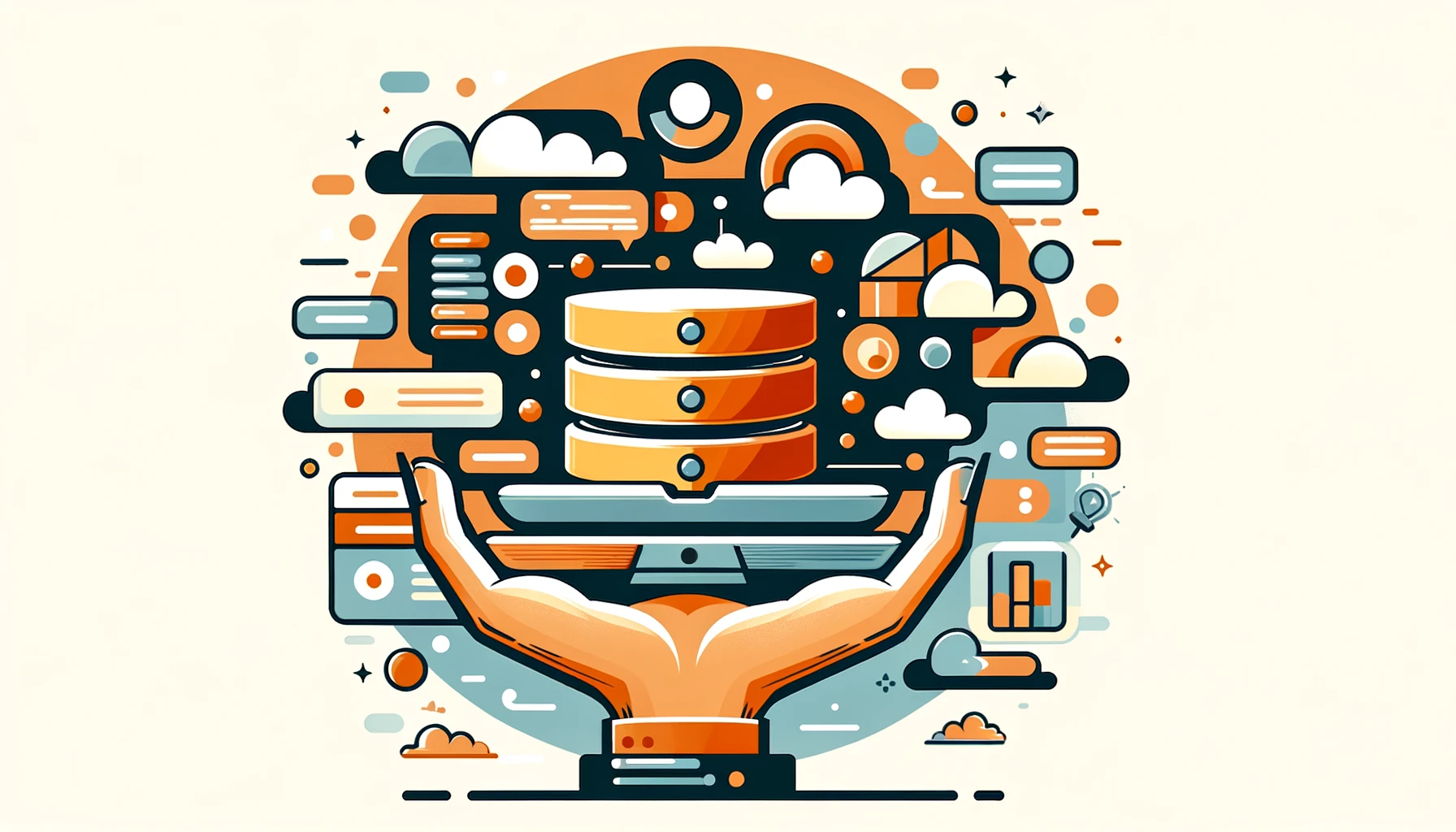
CRM solutions are also designed to facilitate workflow automation. This allows tedious, time-consuming tasks such as data entry and report generation to be automated, freeing up valuable time and resources. This increased efficiency can lead to significant cost savings for the company.
The following are key features of a CRM that make it an indispensable tool in an IT setting:
-
Centralized Data Management: All customer data is stored in a single, easily accessible location. This eliminates the need for multiple databases and reduces the risk of data inconsistencies.
-
Workflow Automation: CRM automates repetitive tasks, freeing up staff to focus on more complex and strategic tasks.
-
Customer Segmentation: CRM allows companies to segment their customers into different groups based on various criteria. This can help in creating targeted marketing campaigns and improving customer service.
-
Performance Tracking: CRM provides detailed reports and analytics that help companies track their performance and make informed decisions.
To illustrate the impact of CRM, consider the case of a company that was grappling with data inconsistencies and slow response times. After implementing a CRM solution, they saw a remarkable improvement in their operations.
| Metric | Before Implementation | After Implementation | Improvement |
|---|---|---|---|
| Data Consistency (%) | 60 |
95 |
+58.3% |
| Response Time (hours) | 8 |
2 |
-75% |
This vividly demonstrates how CRM can revolutionize a company’s operations, making it an indispensable tool in today’s IT landscape.

Indeed, the magic of CRM lies in its ability to streamline operations, enhance customer understanding, and ultimately drive growth. It’s a tool that no software IT company should be without.
Real World Examples of CRM Success in Software IT Companies
Diving into the pool of success stories, we uncover how CRM solutions have propelled companies in the IT sector to new heights. One company, grappling with scattered data and disjointed communication, saw a remarkable transformation after implementing a CRM system. The order processing time reduced by a staggering 66%, the order error rate plummeted by 80%, and customer satisfaction experienced a significant boost, increasing by 28.6%.

Another software IT company, struggling with low customer retention rates, witnessed a turnaround after employing a CRM solution. They were able to pinpoint the issues causing customer dissatisfaction and address them promptly. As a result, their customer retention rate shot up by 35%.
Here’s a snapshot of the improvements experienced:
- Order processing time: Reduced by 66%
- Order error rate: Dropped by 80%
- Customer satisfaction: Increased by 28.6%
- Customer retention rate: Jumped by 35%
Not just large companies, even small-scale IT firms have reaped the benefits of CRM. A startup, bogged down by manual data entry and slow response times, embraced CRM and reaped the rewards. Data consistency improved by 58.3%, response times were cut down by 75%, and the company witnessed an overall surge in productivity and customer satisfaction.

These examples demonstrate how CRM solutions can revolutionize operations in a software IT company, leading to better customer understanding, streamlining of operations, and ultimately, company growth. It’s clear that CRM is not just a tool, but a powerful ally for businesses looking to excel in today’s competitive landscape.
Making Business Easier with CRM: A Software IT Company Perspective
Navigating the complex world of customer relationships can be a daunting task. For a software IT company, the challenge is twofold. Not only do they have to manage their own customer relations, but they also have to create software that helps other businesses do the same. This is where CRM solutions come in, offering a lifeline in this intricate dance of customer interactions.
A CRM solution can revolutionize a company’s operations, offering a centralized platform for customer data. This means no more sifting through scattered spreadsheets or trying to remember details from a call six months ago. Every interaction, every sale, every complaint, it’s all there in the CRM. This wealth of data at your fingertips helps you understand your customers better and enables you to cater to their needs effectively.
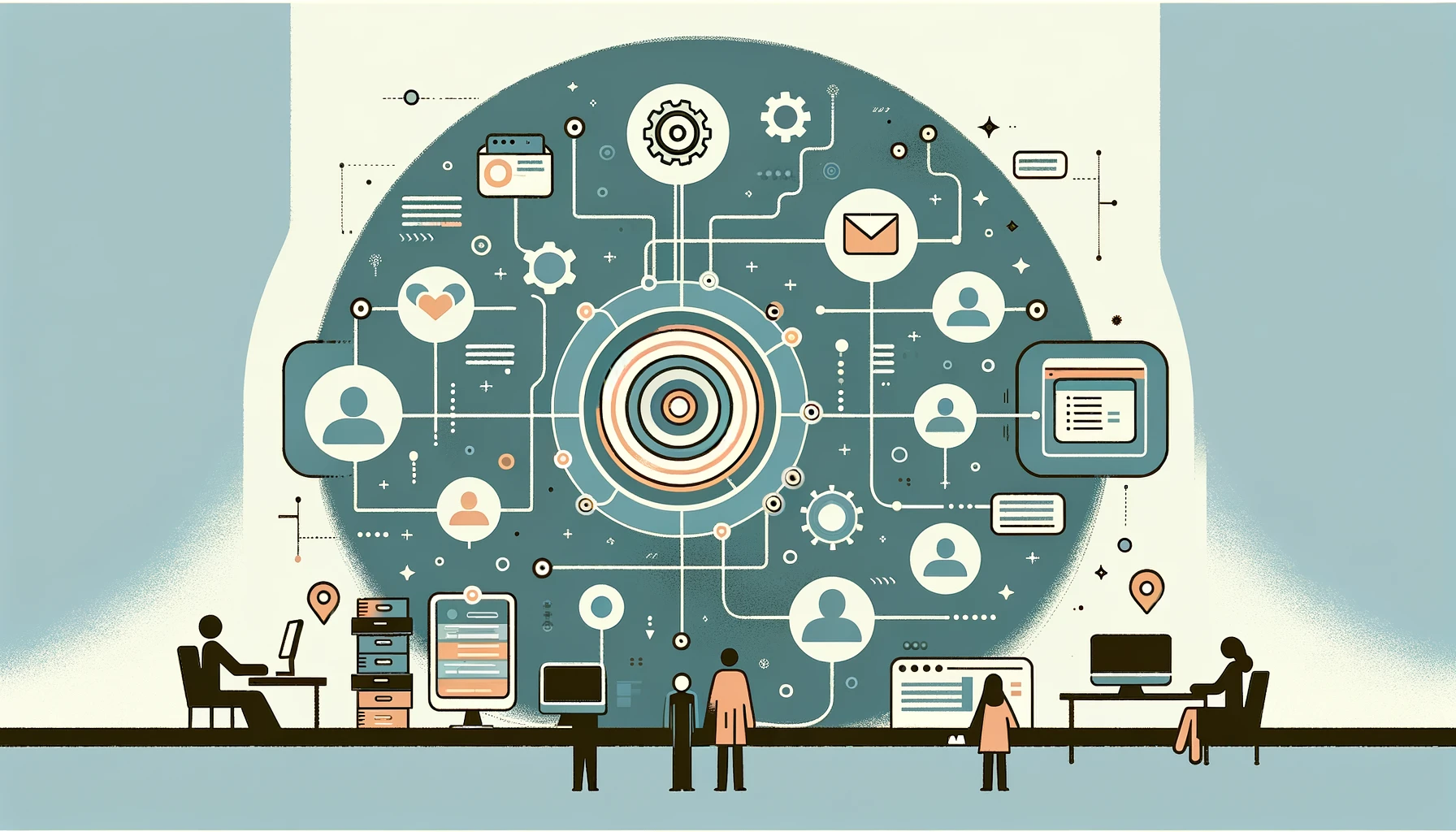
Among the many advantages of employing a CRM solution, these stand out:
- Automated Data Entry: No more manual entry of data. The CRM software automatically logs customer interactions, freeing up employees’ time for more strategic tasks.
- Enhanced Communication: A centralized database means everyone in the company has access to the same customer data. This fosters better inter-departmental communication and collaboration.
- Improved Customer Service: With all customer data in one place, customer service representatives can resolve issues faster and offer personalized service.
Consider the case of a company that implemented a CRM solution. They experienced a significant reduction in response times, from an average of 8 hours to just 2 hours. This is a 75% decrease, leading to happier customers and a more efficient customer service department.
| Metric | Before Implementation | After Implementation | Improvement |
|---|---|---|---|
| Response Time (hours) | 8 |
2 |
-75% |
So, if you’re looking to make your business easier, consider a CRM solution. It’s a strategic decision that can lead to significant improvements in customer satisfaction, efficiency, and ultimately, profitability.
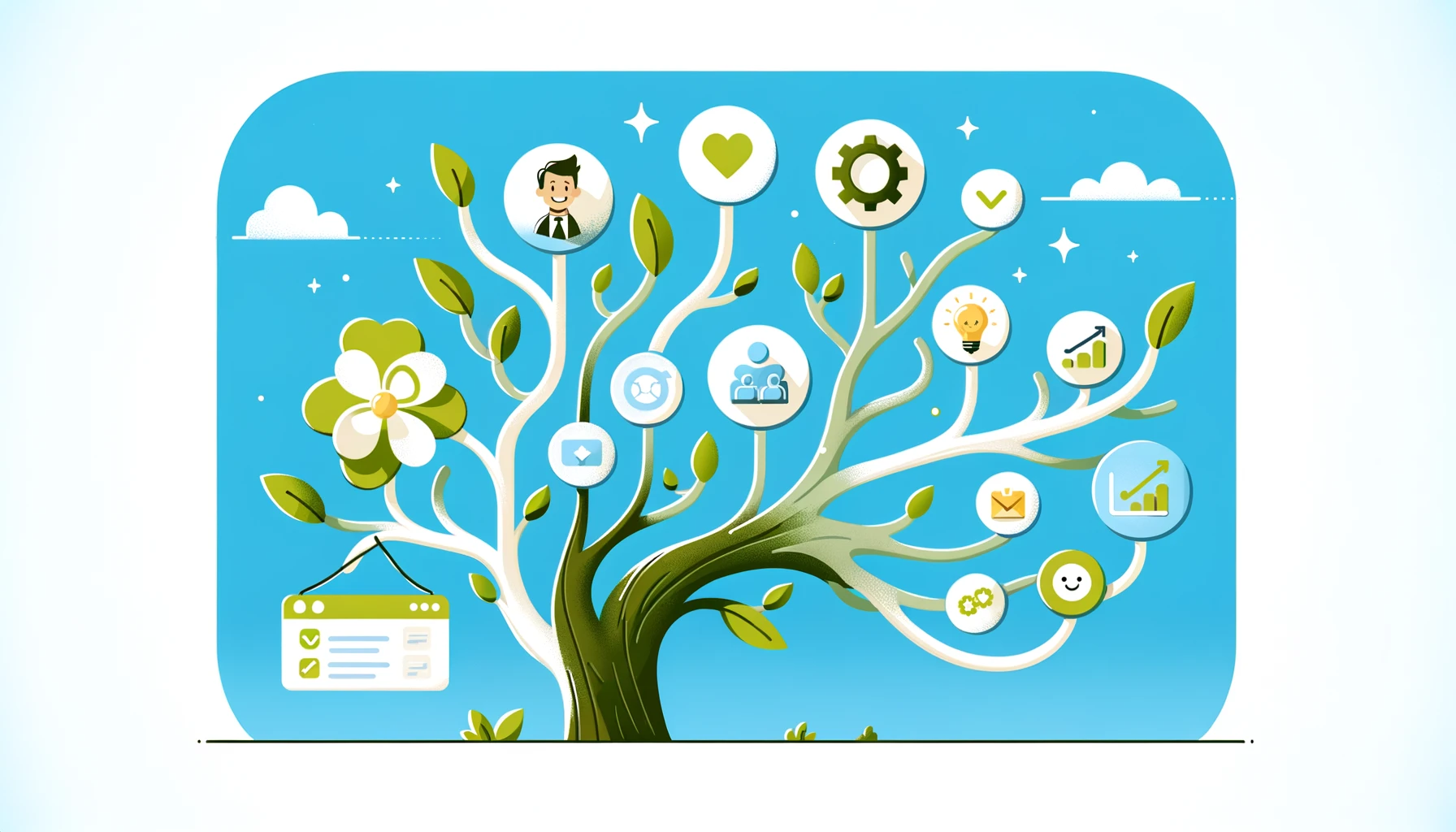
Starting Your CRM Journey: A Guide for IT Companies
Embarking on the CRM journey requires a strategic and thoughtful approach. The first step for any software IT company should be to clearly define their goals. What are you hoping to achieve with a CRM system? Improved customer service, increased sales, or better inter-departmental collaboration? Having clear objectives will guide your CRM implementation process.
Next, take the time to research and select the right CRM solution that fits your company’s needs. Consider factors such as ease of use, customization options, integration with existing systems, and cost. Remember, the most expensive CRM isn’t necessarily the best for your company.
Once you’ve selected a CRM solution, plan your implementation strategy. This should include data migration, system configuration, user training, and testing. It’s crucial to involve your team in this process, as their buy-in will determine the success of your CRM implementation.
Here are some steps to guide your CRM journey:
- Define your goals
- Select the right CRM solution
- Plan your implementation strategy
- Involve your team
One company, for instance, implemented a CRM system to streamline their operations. They saw their customer satisfaction score jump from 7 to 9, demonstrating the transformative power of CRM.
| Metric | Before Implementation | After Implementation | Improvement |
|---|---|---|---|
| Customer Satisfaction Score (out of 10) | 7 |
9 |
+28.6% |
Remember, starting your CRM journey is not just about implementing a new technology. It’s about transforming your business operations and enhancing your customer relationships. So, gear up and embrace the power of CRM for your software IT company.

FAQs
-
Is CRM Simply a Database or More? CRM, or Customer Relationship Management, is more than just a database. While it indeed stores customer information like a database, it also integrates sales, marketing, and customer service strategies. It provides tools for data management, customer interaction tracking, reporting, analytics, and task automation, making it a crucial element for business operations.
-
How Does CRM Differ From a Traditional Database? Unlike a traditional database that primarily focuses on storing and retrieving data, CRM goes several steps further. It not only stores data but also analyzes it to provide insights. CRM manages customer interactions, automates various tasks, and acts as a comprehensive tool for business growth, distinguishing it significantly from traditional databases.
-
What are the Key Benefits of Implementing a CRM System in a Business? Implementing a CRM system offers numerous benefits including improved customer satisfaction, increased efficiency, and enhanced decision-making. It provides a consolidated platform for customer data, enables effective tracking of customer interactions, and aids in strategic planning through thorough data analysis.
-
Can CRM Systems Integrate with Other Business Tools? Yes, CRM systems are designed for seamless integration with other business tools. This integration facilitates maintaining data flow between different systems, ensuring a unified approach to data management, customer relationship strategies, and overall business operations.
-
How Does CRM Aid in Making Data-Driven Business Decisions? CRM systems play a pivotal role in making data-driven business decisions. They analyze customer data to identify trends, preferences, and patterns. This analysis is instrumental in forecasting outcomes, tailoring marketing strategies, and enabling businesses to make informed decisions, driving growth and success.
Read more about low-code platform ozma.io
CRM for Beginners: Easy to Start!
CRM for Photographers: More Clients and Efficiency





